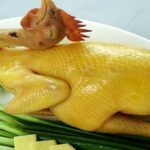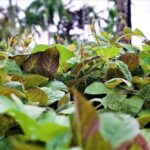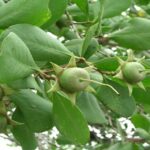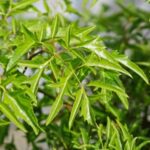## King Solomon’s Seal: Uncovering the Hidden “Gold” Within its Roots
In the lush forests and organic-rich soils of the limestone mountains in northern Vietnam, a wild herb called King Solomon’s seal, or polygonatum sibiricum, grows unassuming yet holds unexpected economic value.
King Solomon’s seal, belonging to the onion family, is also known as bamboo rice, mi phu, or jiuhuang cao. Beyond Vietnam, this herb is also found in China, where it holds a prominent place in traditional medicine.
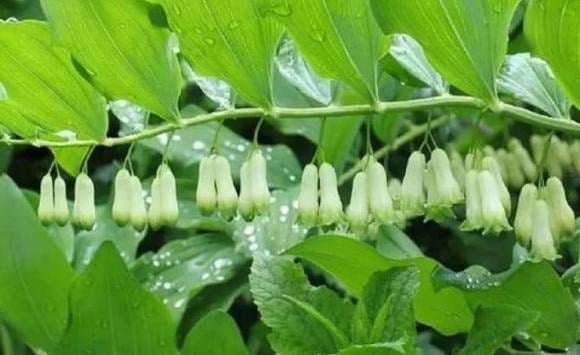
One of the most distinctive features of this plant is its peanut-like fruits, although they differ in color. The root resembles ginger in shape, emitting a subtle fragrance with a unique blend of sour and sweet flavors.
In some Chinese cities, King Solomon’s seal is cultivated as an ornamental plant, yet its true worth remains unknown to many.
Apart from its aesthetic appeal, this herb can be transformed into a delectable liquor known as “jiuhuang wine.” Additionally, the roots are not only edible but also boast a range of medicinal properties, including benefits for the spleen, lungs, and overall health.
In Vietnam, the roots of King Solomon’s seal are primarily harvested during spring and autumn, with some regions collecting them year-round.
According to traditional medicine, the roots of King Solomon’s seal (Shu Huang) possess a neutral nature and a sweet flavor. They are believed to tonify the qi, nourish yin, benefit the kidneys, and moisten the lungs. Additionally, they are used to address fatigue, loss of appetite, and internal heat. Modern medicine has also explored its potential as a lipid regulator, aiding in the treatment of dyslipidemia and related conditions.
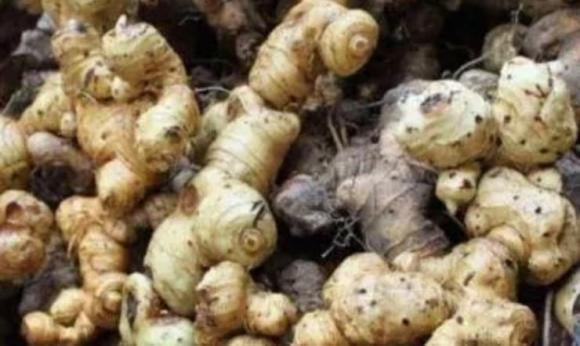
With its high medicinal value and significant economic potential, King Solomon’s seal is emerging as a “gold mine” in the fields of traditional medicine and health.
Previously, this herb was underappreciated, even being used as animal feed in China. However, once its precious benefits were recognized, the price of King Solomon’s seal roots soared to 146 CNY (approximately 500,000 VND/kg).
In Vietnam, the roots are currently priced between 120,000 and 280,000 VND/kg, depending on whether they are fresh or dried.
5 Types of People Who Should Avoid Eating Chicken: A Word of Caution for These Individuals
“Chicken: A Nutritional Powerhouse, But Who Should Avoid It?”
Is chicken a healthy option for everyone? While chicken is packed with essential nutrients and is a great source of protein, there are certain individuals who should exercise caution when consuming this popular meat. In this article, we will explore the benefits of chicken and uncover the specific groups of people who should refrain from indulging. Stay tuned to discover if you fall into any of these categories and learn more about making informed dietary choices.
Ginseng for the Masses: Air-Purifying, Easy-to-Grow Wonder Herb
For centuries, Vietnamese people have revered the Echinophora as a precious herbal medicine, earning it the nickname “the poor man’s ginseng.” Recent studies have also unveiled this plant’s impressive ability to filter fine dust, making it the ideal choice for creating a green and healthy living environment.
























